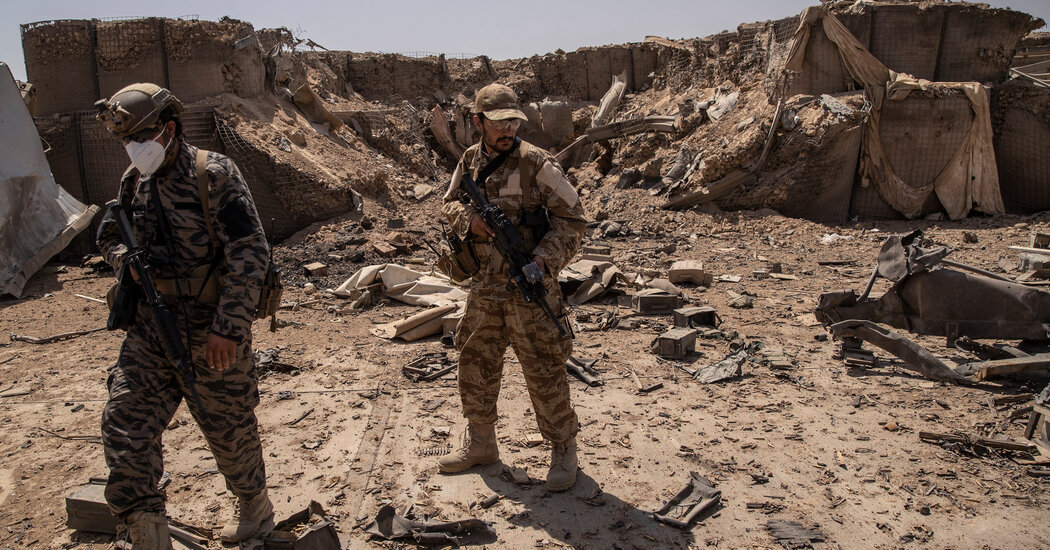
The warning, according to those who have read it, was primarily aimed at front line agency officers, the people involved most directly in the recruiting and vetting of sources. The cable reminded C.I.A. case officers to focus not just on recruiting sources, but also on security issues including vetting informants and evading adversarial intelligence services.
Among the reasons for the cable, according to people familiar with the document, was to prod C.I.A. case officers to think about steps they can take on their own do a better job managing informants.
Former officials said that there has to be more focus on security and counterintelligence, among both senior leaders and frontline personnel, especially when it comes to recruiting informants, which C.I.A. officers call agents.
“No one at the end of the day is being held responsible when things go south with an agent,” said Douglas London, a former agency operative. “Sometimes there are things beyond our control but there are also occasions of sloppiness and neglect and people in senior positions are never held responsible.”
Mr. London said he was unaware of the cable. But his new book, “The Recruiter: Spying and the Lost Art of American Intelligence,” argues that the C.I.A.’s shift toward covert action and paramilitary operations undermined traditional espionage that relies on securely recruiting and handling agents.
World wide messages to C.I.A. stations and bases that note troubling trends or problems, or even warnings about counterintelligence problems, are not unheard-of, according to former officials. Still, the memo outlining a specific number of informants arrested or killed by adversarial powers is an unusual level of detail, one that signals the importance of the current problems. Former officials said that counterintelligence officials typically like to keep such details secret even from the broad C.I.A. work force.
Asked about the memo, a C.I.A. spokeswoman declined to comment.
Sheetal T. Patel, who last year became the C.I.A.’s assistant director for counterintelligence and leads that mission center, has not been reluctant to send out broad warnings to the C.I.A. community of current and former officers.




